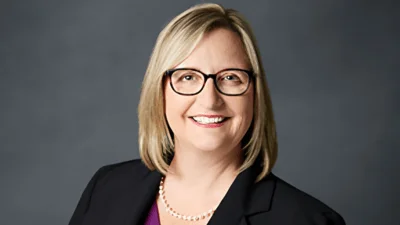Rep. Tom Demmer (R-Dixon) has every intention of assuring the $60 billion managed care organization (MCO) and commercial insurance revamp plan rolls out responsibly.
“Thank you for the answers you provided, but just a couple of follow up questions,” Demmer said to Sargent Shriver National Center on Poverty Law Director Stephanie Altman during a Jan. 4 House Appropriations-Human Services Committee hearing. “You mentioned in the case that there is not a provider available for a patient in the community, there is an ability for some kind of special use. Is that for a specific encounter or is that for the relationship over a specific period of time?”
Altman said it can be provided for a specific encounter or a course of treatment, which has been done at the University of Illinois and Lurie Children’s hospitals in Chicago.
Her answer left Demmer with the question of whether patients have to appeal their coverage each time they have to be seen, specifically using a neurologist as an example.
“The Medicaid managed care plan is responsible at the outset to maintaining the network, and their promise to the state is that they will have neurologist,” Altman said. “If they can’t get a neurologist to join their network, then they will have to pay outside.”
While Demmer had questioned what the “appropriate, reasonable and attainable” actuarially sound plan was at the last meeting in December, he inquired this time about provider participation.
“I had one example that was brought to my attention where a provider said they had intentions on participating in the Medicaid program through traditional fee through service in the future, but not through any sort of managed care,” Demmer said. “Is that a permissible stance for them to take?”
According to Altman, it is an option.
“They can do that, but eventually they would be out of business,” Altman explained, adding she actually sees the opposite. “We see providers say they will only serve through managed care, which sometimes causes problems.”
Altman said since she is not in involved with negotiations between businesses and providers, through her limited experience she has seen that it often takes time to work out contract details between the two parties.
“That fits anecdotally to what I have seen too,” Demmer said, adding he specifically appreciated Altman’s testimony, which brought in a patient perspective opposed to provider experience with MCO plans.
Demmer’s final question dealt with network adequacy and Altman’s review of care.
“Do you take the approach that a network is adequate, or care coordination is set up for success if a certain number of specialist are present for the standard of care you have by benchmark or do you believe that goes beyond,” Demmer asked.
“That is a hard question, because with managed care many people have to change their providers,” Altman said, noting many patients do not have a personal physician preference.







 Alerts Sign-up
Alerts Sign-up